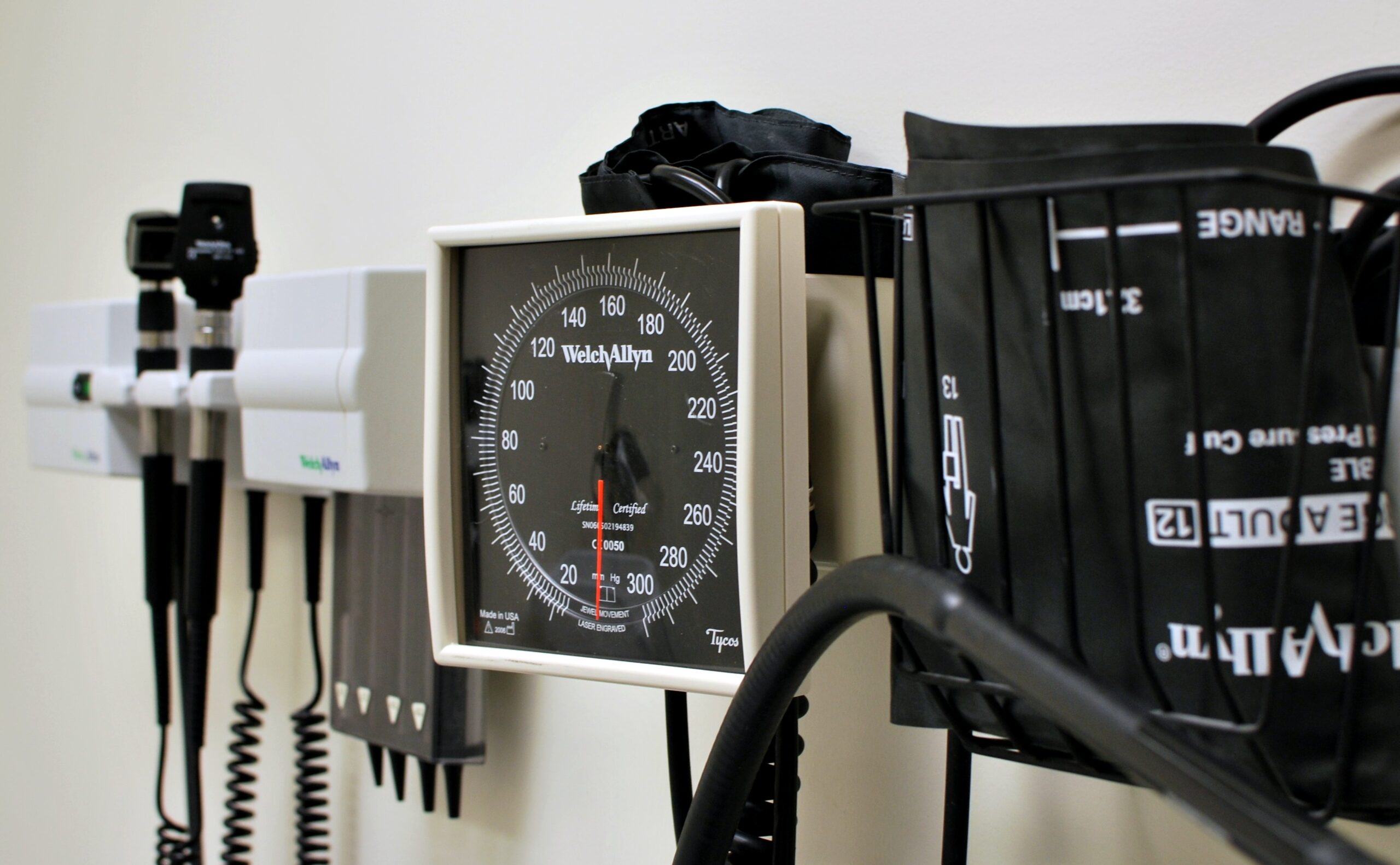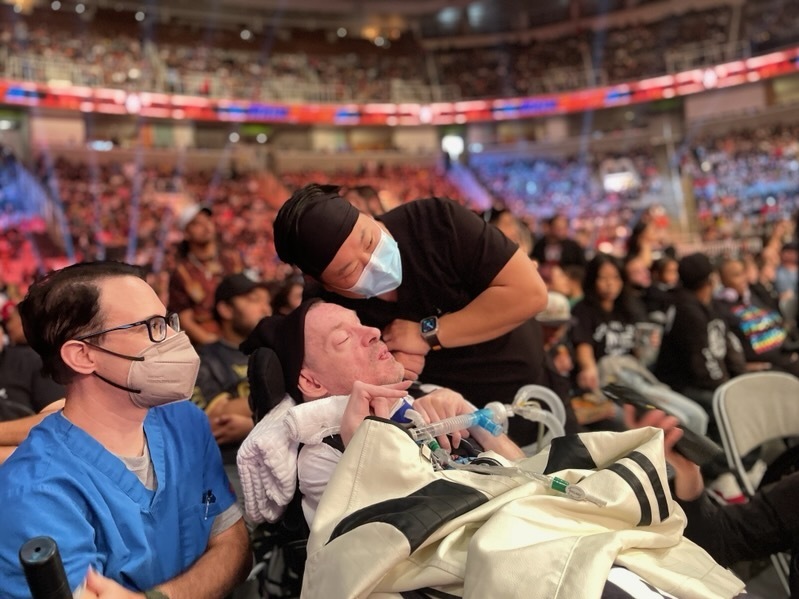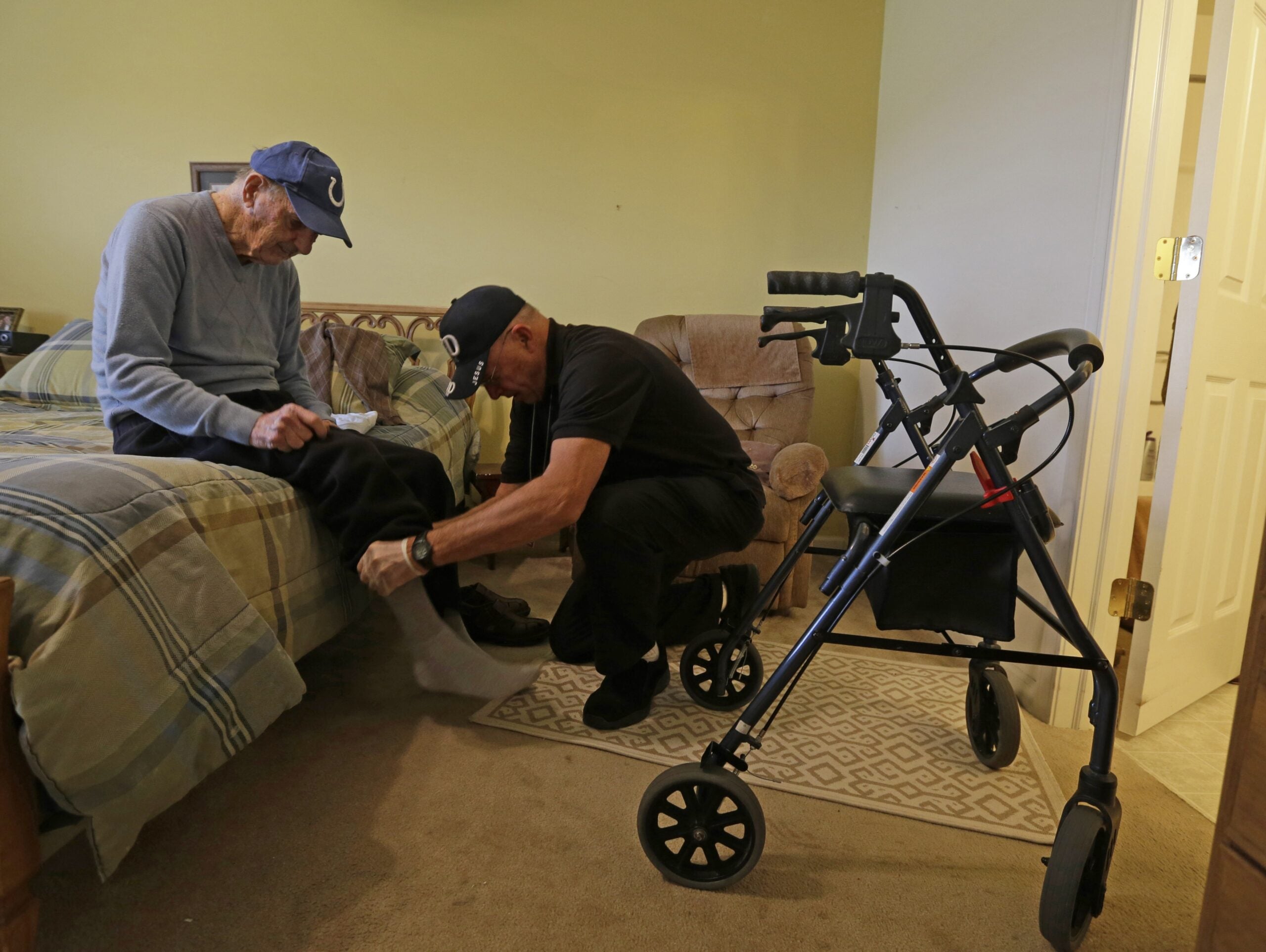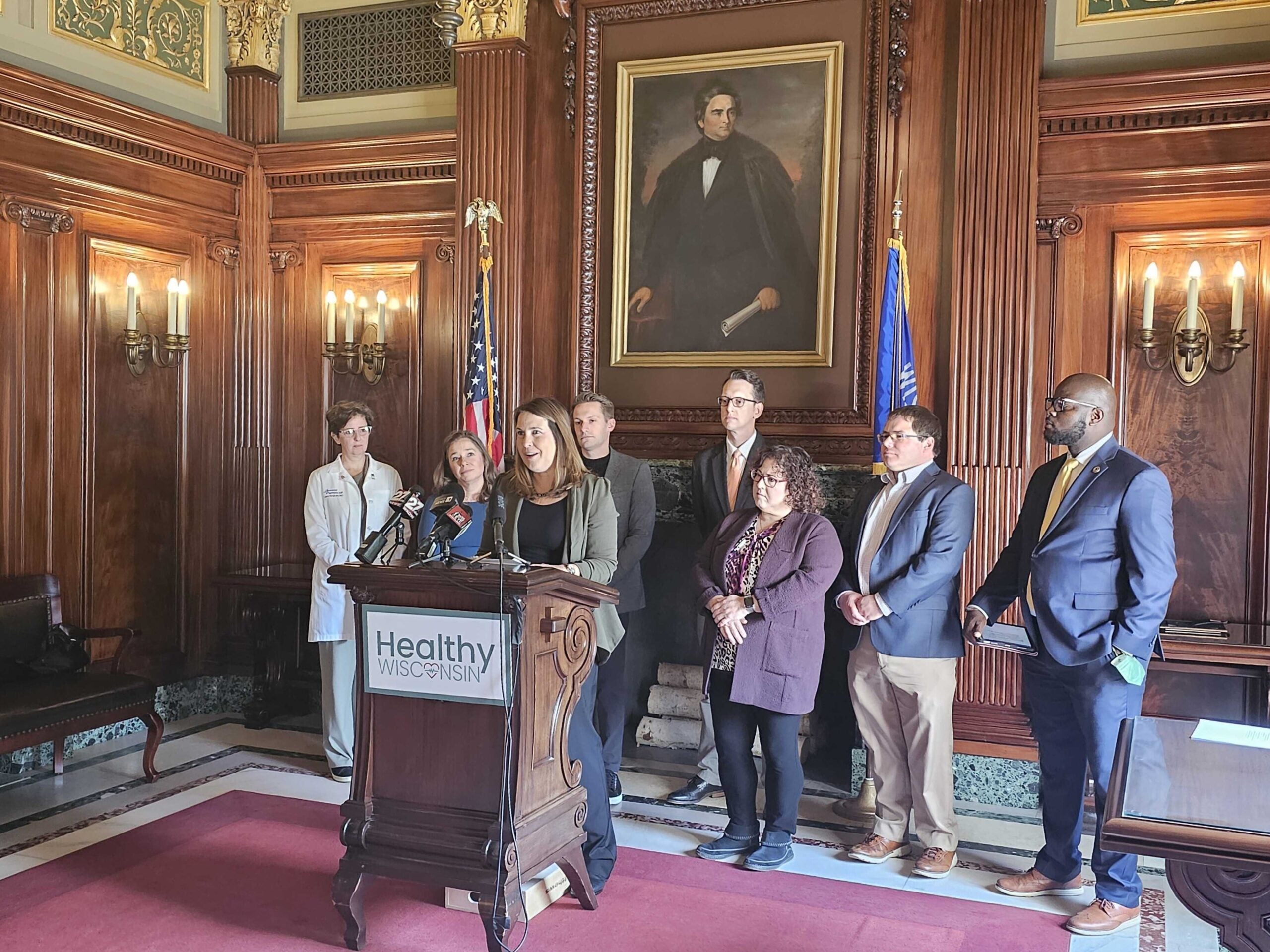Doctors groups, families and state Medicaid directors are concerned about deep cuts to Medicaid in the Republican health plan the U.S. Senate released last week and are putting pressure on the Senate to rework the bill.
The American Medical Association said Monday the Senate’s Affordable Care Act repeal violates the “do no harm principle” that guides doctors in their work.
In a letter to Senate leaders, the AMA says capping Medicaid spending “limits state’s ability to address the health care needs of their most vulnerable citizens.”
Stay informed on the latest news
Sign up for WPR’s email newsletter.
Marsha Ansfield of Madison has two adult sons with disabilities, age 20 and 24, who rely on Medicaid to treat autism and epilepsy. She said Medicaid pays for both sons’ therapy, medical services and supportive housing for her older son. Potential Medicaid reductions concern her.
“We’d be in trouble. I, because of their needs, can’t work,” she said. “I’m a full-time caregiver. So its not like I have all this extra money.”
Ansfield is part of what’s called the Survival Coalition. The group made a final plea Monday to senators who may soon vote on the bill.
The Wisconsin Medical Society is also urging changes to the Senate’s health care bill, which the Congressional Budget Office estimates would result in 22 million Americans losing or choosing not to have insurance by 2026.
Wisconsin Medical Society President Dr. Noel Deep said the bill penalizes states such as Wisconsin that did not expand Medicaid using federal money under the ACA.
“There has been much made about how Wisconsin did not expand Medicaid under the Affordable Care Act, choosing instead to widen Medicaid eligibility for childless adults up to the poverty line without taking federal dollars available for expansion up to 138 percent of the federal poverty level,” Deep said. “Any Senate legislation should spend federal funds fairly across the states and not fail to provide critical funding to states that did not utilize the ACA for coverage expansion.”
Deep encouraged society members to contact Sen. Ron Johnson, R-Wisconsin, who is expected to cast one of the deciding votes on the senate’s health plan known as the Better Care Reconciliation Act of 2017.
Ansfield, whose sons rely on Medicaid, has been voicing her opinion.
“I call Sen. Johnson (his office) every day. And ask (his staff) to explain to me what (Republicans) are thinking in terms of cutting Medicaid when the number of people who need it is rising and the kinds of needs are rising,” she said. “And whether they can tell me anything other than providing tax cuts to the rich as being a rationale.”
The Senate’s bill repeals taxes on corporations and the wealthy that pay for insurance subsidies. Johnson is one of five Republican senators who say they are not yet ready to vote for the bill, but that they are “open to negotiation.”
Also chiming in against the Republican health plan is the National Association of Medicaid Directors. The national group acknowledges not all states agree with the group’s position, which says proposed Medicaid changes would “transfer risk, responsibility and cost to the states of historic proportions.” Both the AMA and NAMD cite the need for Medicaid to treat the nation’s opioid epidemic.
Wisconsin Public Radio, © Copyright 2024, Board of Regents of the University of Wisconsin System and Wisconsin Educational Communications Board.






